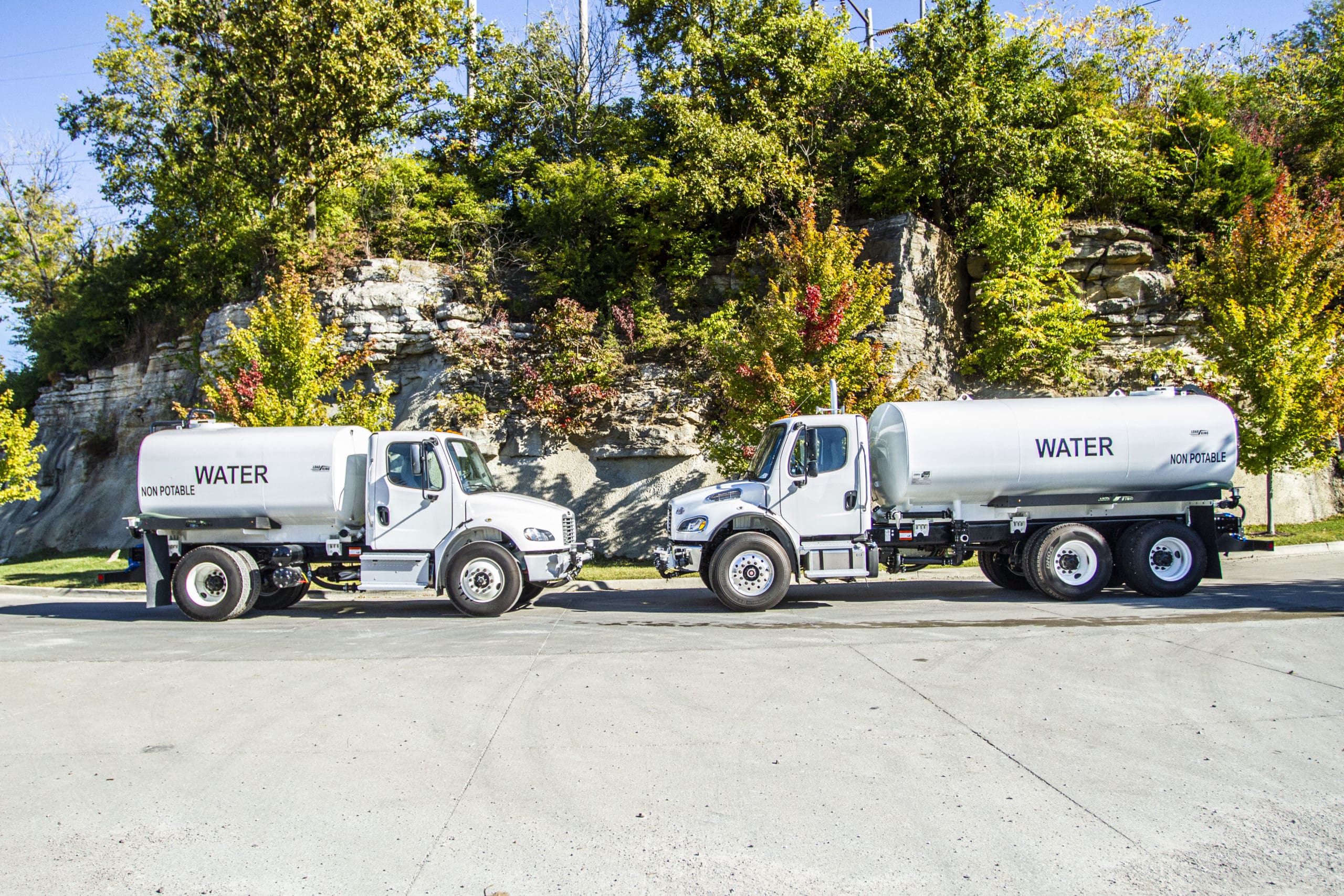
Water trucks are vital tools used to perform essential operations for many industries, such as construction, mining, and agriculture. While operating one may seem simple, it’s essential to be aware of safety best-practices. Knowing how to mitigate safety concerns will help you use the vehicle safely. With proper operation and maintenance, water trucks can be used effectively and safely. Here are some safety tips to ensure you get the best out of your equipment.
Do the Necessary Checks Before Use
Water truck operators need to perform necessary checks before using the vehicle. This must be done, even if the truck is new. Allocate time to access the overall condition of its components and parts. Ensure the breaks function optimally. There should also be enough air pressure to prevent sudden operational issues. Likewise, check all pumping units, hoses, and tanks. Do not undermine the importance of doing external vehicle checks. Always ensure the tires have sufficient tread.
Also, be aware of insurance and tax formalities before going onto the road. Failure to comply with the legal terms and conditions can lead to problems.
All Water Truck Operators Require Training
For water truck operations to run smoothly, training is necessary. The entire staff needs to undergo training.
Why is training necessary? It helps to ensure greater safety and increases the longevity of the business. It’s especially so for those who have a fleet of drivers who travel to many areas for business.
Drivers additionally need to know how to detect vehicle defects, knowing what to look for before the problem becomes a big issue.
Be Aware of the Main Dangers
Water trucks keep debris and dirt down on the floor, but mud is considered to be a slipping hazard. Use spray nozzles to avoid mud, but don’t overspray. It’s best to avoid entryways or roads when spraying.
Puddles are also an issue as they create potholes and erode the ground. To prevent puddles, avoid over-spraying of water.
Only spray water when in motion. It helps to avoid pothole creation from accelerating or braking.
Weight distribution is another safety consideration. Ensure that the water truck is 100% full or 100% empty when traveling. Otherwise, water will spatter, offsetting the balance of weight in the vehicle when turning.
Improve Situational Awareness
It’s important to adjust driving based on the road conditions. Access road conditions on-site and on the road for any issues. It’s best to avoid pothole-ridden, damaged, and old roads.
The weight of a full tank water truck needs to be printed for reference. This allows for adjusts to be made, depending on the weight limit of any crossings or bridges.
But ideally, the route needs to be planned out early to ensure the truck passes over safely. Even with modern alarms and cameras, spotters need to be trained for when the water truck needs to back up.
When transporting a water truck that is fully loaded, the weight is usually heavier. Accelerating and decelerating needs to be done correctly. Adjusting the speed will ensure that the water in the tank does not spill over tremendously. If the water surges, it can lead to hazardous road accidents as it upsets the truck’s center of gravity.
Avoid Oversaturation of the Ground
Preventing oversaturation of ground is another water truck safety tip. Most injuries happen when the surrounding area gets oversaturated with water. This can be prevented by turning on the sprays individually. The spray’s output intervals also need to be programmed well.
Winterizing Water Trucks
Water truck owners should ensure that the vehicle functions properly in extreme weather. For the truck to operate safely during cold months, it needs to be winterized. Failure to do so may cause the water remaining in the system to freeze. This can lead to cracks in the sprayers, tank, pump, and other components.
To drain water from the tank, park the truck in an incline position. This will reduce the possibility of water remaining inside the system. Then, drain any remaining water from the side spray system and water cannon.
If the truck is already frozen, do not operate the components. Instead, move the vehicle to a warmer location before winterizing it.
Choose the Best Water Truck Provider
In addition to the safety tips listed above, it’s important to work with a reputable provider known for the sale, rental, or customization of water trucks.
At Custom Truck One Source, we provide solutions for all truck-related needs. Browse through our wide range of new and used commercial trucks for sale or rental. Choose by equipment type or industry.
Contact us for information about our equipment and maintenance services.

